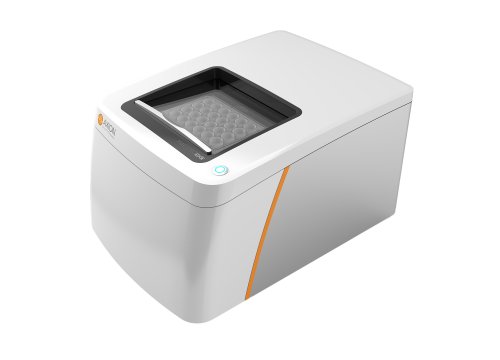Authors: Jacob T. Beckley, Teresa K. Aman, Michael A. Ackley, Tatiana M. Kazdoba, Michael C. Lewis, Anne C. Smith, Brandon J. Farley, Jing Dai, Wayne Deats, Ethan Hoffmann, Albert J. Robichaud, James J. Doherty, and Michael C. Quirk
British Journal of Pharmacology, 12 September 2023
Scientists use Axion’s next-generation Maestro MEA to evaluate the safety of a novel therapeutic for cognitive impairment in neurodegenerative diseases.
N-methyl-D-aspartame receptors (NMDARs) play a key role in excitatory synaptic signaling and synaptic plasticity. Research has shown that NMDAR hypofunction is associated with a variety of neuropsychiatric and neurodegenerative conditions including schizophrenia, depression, Huntington’s disease, Parkinson’s disease, Alzheimer’s disease, and other dementias. In this study, scientists disclose an NMDAR positive allosteric modulator (PAM), SAGE-718, and use a multiplatform approach to evaluate its efficacy as a potential therapeutic to improve cognitive impairment associated with neurodegenerative disorders. SAGE-718 is currently being tested in a Phase II clinical trial of Huntington’s disease patients.
To evaluate the safety of SAGE-718 in vitro, the team used Axion’s noninvasive Maestro multielectrode array (MEA) platform and demonstrated that the compound does not appear to have seizurogenic potential. Other testing supported the evidence that SAGE-718 is “safe, well-tolerated, and positively modulates NMDAR activity in preclinical models of NMDAR hypofunction.” Overall, the results suggest that SAGE-718 may be a promising therapeutic for the treatment of cognitive impairment in neurodegenerative disorders.


